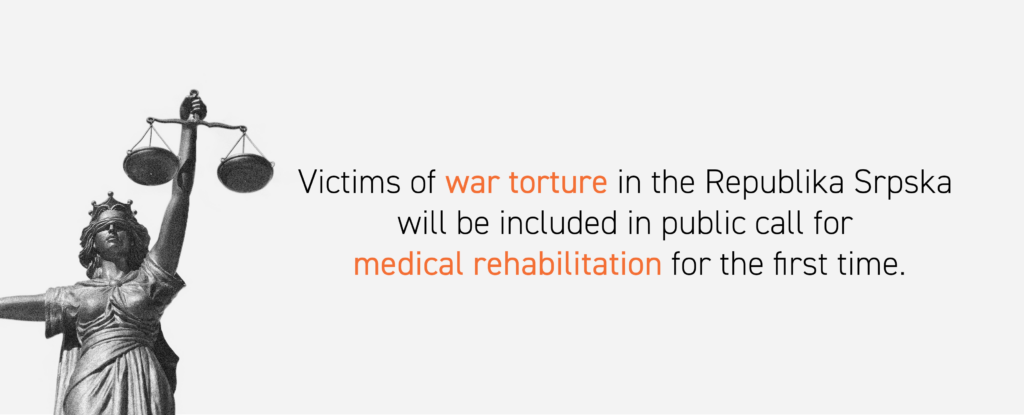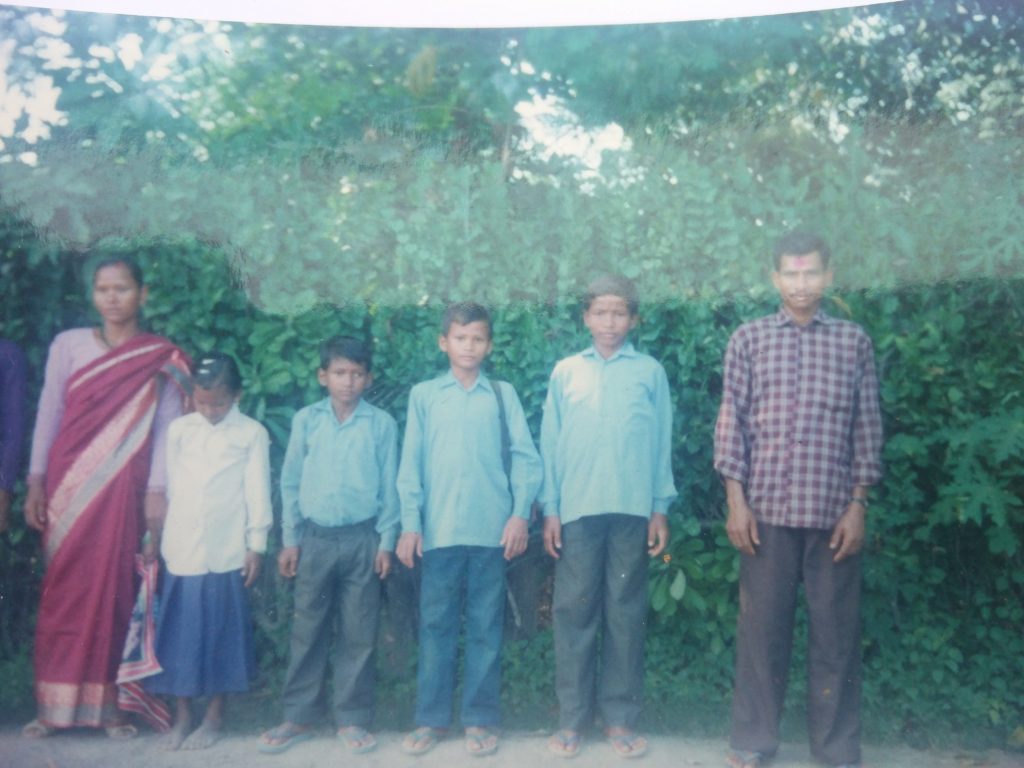Fight against impunity: Tunisia shirks its international commitments once again
Press release
For immediate release
ACAT, OMCT and TRIAL International express their dismay over the decision of the Tunis Court of Appeal in the Rached Jaïdane case.
This judgment seems to sound the death knell for transitional justice in that the acts of torture suffered by Rached Jaïdane in 1993, and during the 13 years of imprisonment that followed, are considered to fall outside of the prescription period. Following this case, hundreds, even thousands, of victims of the Bourguiba and Ben Ali eras may see their torturers shielded from justice.
Moreover, the Court of Appeal judgment flagrantly contravenes the Convention against Torture, and the decision of the Committee Against Torture reached last October, following a complaint filed by Rached Jaïdane. In its decision, the Committee had strongly condemned Tunisia for multiple violations of the Convention and had asked the state to resume the investigation and prosecute Rached Jaïdane’s torturers for offenses reflecting the seriousness of the acts.
Finally, the Court of Appeal’s judgment casts serious doubt on the Tunisian authorities’ repeated commitment to eradicate the torture phenomenon. The fight against impunity is essential not only for victims’ recovery but also for the prevention of torture. The decision in the Jaïdane case, shielding the torturers from justice, sends the message that perpetrators of serious human rights violations can continue to act with impunity.
ACAT, OMCT and TRIAL International call on the Tunisian authorities to make good this mistake and take all necessary measures to comply with their international commitments by implementing the decision of the Committee Against Torture.
Case summary:
In 1993, Rached Jaïdane, a university teacher in France, went to Tunisia to attend his sister’s wedding. On July 29, State Security agents arrested him at his home without a warrant. There followed 38 days of incommunicado detention and torture at the Ministry of the Interior under the direct supervision of top officials of Ben Ali’s security regime. Rached Jaïdane was questioned about his alleged links with a leader of the Islamist party, Ennahda, living in exile in France. Subject to beatings, he ended up signing confessions without reading them in which he notably admitted having incited an attack against Ben Ali’s party. After 3 years of judicial investigation conducted by an enforcement judge, Rached Jaïdane was sentenced to 26 years in prison following a 45-minute trial. He was released in 2006, after 13 years of torture and ill-treatment in Tunisian prisons.
The story of Rached Jaïdane is emblematic of the Tunisian torture system, which the post-revolution governments promised to leave behind by bringing justice to the victims. And yet…
Just after the revolution, Rached Jaïdane brought an action for torture. The investigation was sloppy. The indescribable torture he suffered was labelled as a simple offense of violence, punishable by up to five years imprisonment. This was on the grounds that the crime of torture did not exist in the penal code at the time of the events. Nevertheless, many other options were available to the judge to classify the acts as a crime.
The trial was constantly postponed. The verdict was delivered in April 2015: the prescription period had expired! The events were considered too old. The representative faces of the torture system walked free.
The decision of the Committee Against Torture, issued following a complaint lodged by ACAT and TRIAL International, went against this verdict. It was heavy with meaning and demands regarding the Tunisian justice system. While reminding Tunisia of the “obligation (…) to hand down appropriate sentences to the perpetrators of torture in view of the seriousness of the acts”, the Committee:
- indicated that the Tunisian justice system could in no way retain the prescription period as it did in the Jaïdane case;
- required, in cases where judges could not legally classify acts of torture committed prior to 1999 (date of criminalization of torture in the Penal Code), that they retain a classification reflecting the seriousness of the acts and allowing prosecution.
A clear call to break with practices of impunity that, beyond the pain they inflict on the victims, give carte blanche to the Tunisian security forces which continue today to resort to torture and ill-treatment.









